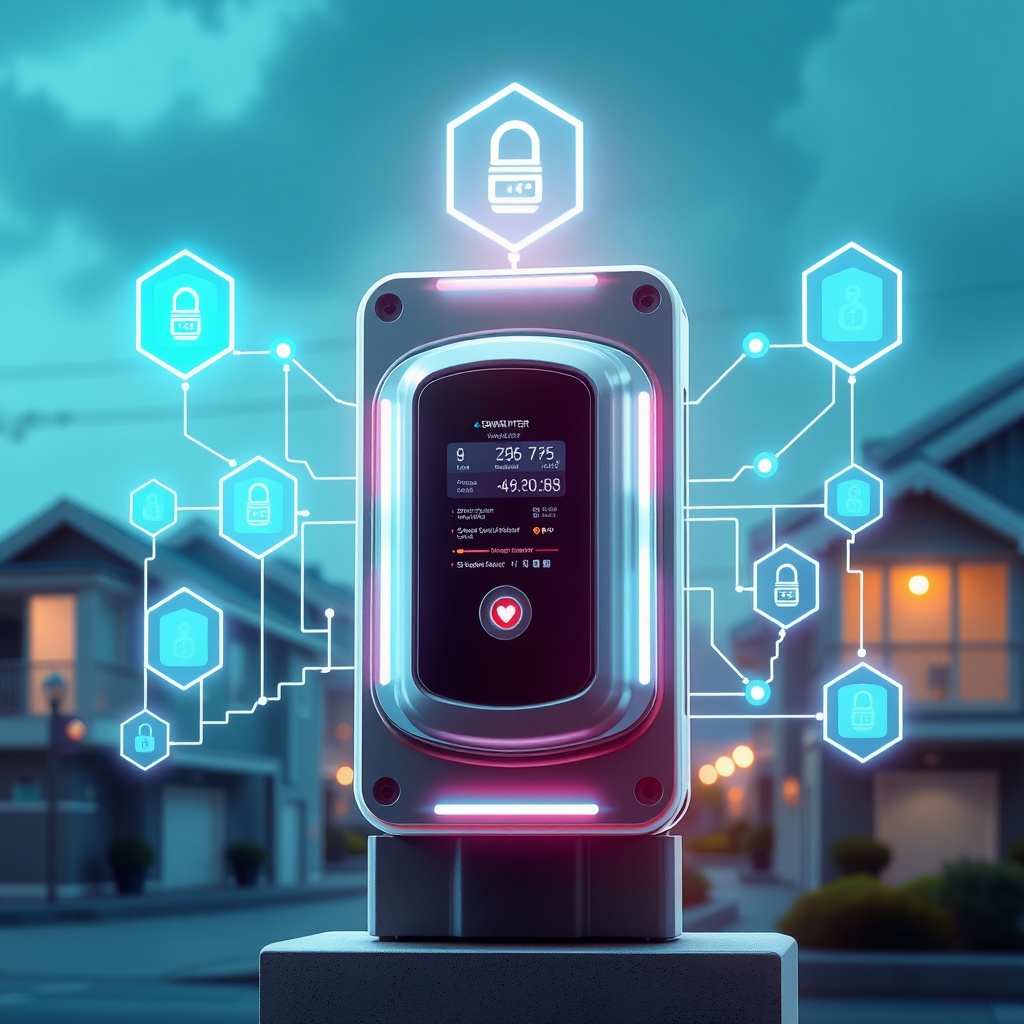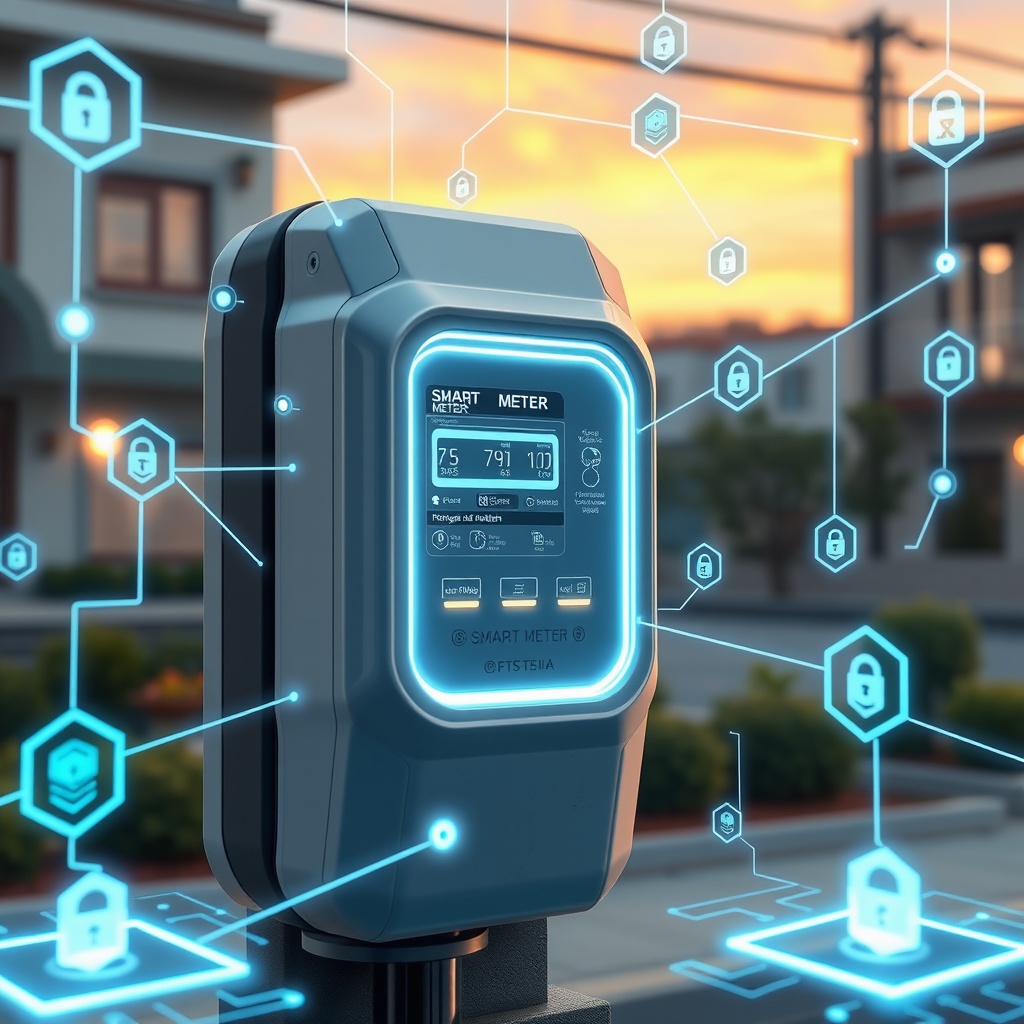In the age of digitization, smart meters are becoming ubiquitous, providing real-time data on energy consumption. However, this convenience comes with significant privacy concerns. As energy data is sensitive, maintaining its integrity and confidentiality is paramount. Blockchain technology emerges as a promising solution, offering a decentralized framework that enhances data management while safeguarding user privacy.
Data Integrity and Transparency through Blockchain

Blockchain operates on a decentralized ledger system where each transaction is recorded across multiple nodes. This structure ensures that once data is recorded, it cannot be altered or deleted without consensus from the network. For smart meter data management, this means that energy consumption data can be securely recorded with a transparent history, minimizing the risk of tampering.
Moreover, the transparent nature of blockchain allows energy providers and consumers to verify data independently, fostering trust in the utility’s billing processes and reducing disputes. Each transaction’s timestamp and unique hash contribute to an immutable record, reinforcing data integrity.
Enhanced Privacy Measures for Consumers
While blockchain provides transparency, it also offers robust privacy features. Utilizing cryptographic techniques, smart meters can encrypt user data before it is recorded on the blockchain. This ensures that sensitive information, such as individual consumption patterns, remains confidential and accessible only to authorized parties.
Furthermore, by employing decentralized identifiers (DIDs), users can maintain control over their data. This means consumers can selectively share their energy usage data with utilities or third parties without compromising their privacy. The combination of encryption and DIDs positions blockchain as a formidable ally in the battle for data privacy.
Key Benefits of Implementing Blockchain in Smart Metering
Implementing blockchain technology in smart metering systems not only secures data but also brings various benefits to stakeholders involved in energy consumption. Below is a summary of the key advantages:
- Decentralization: Eliminates single points of failure and enhances system robustness.
- Cost Efficiency: Reduces costs associated with data management and dispute resolution.
- Consumer Empowerment: Gives users control over their data and how it is shared.
- Real-Time Data Access: Facilitates immediate access to energy usage patterns for both consumers and providers.
- Regulatory Compliance: Helps in adhering to data protection regulations through secure data handling practices.





